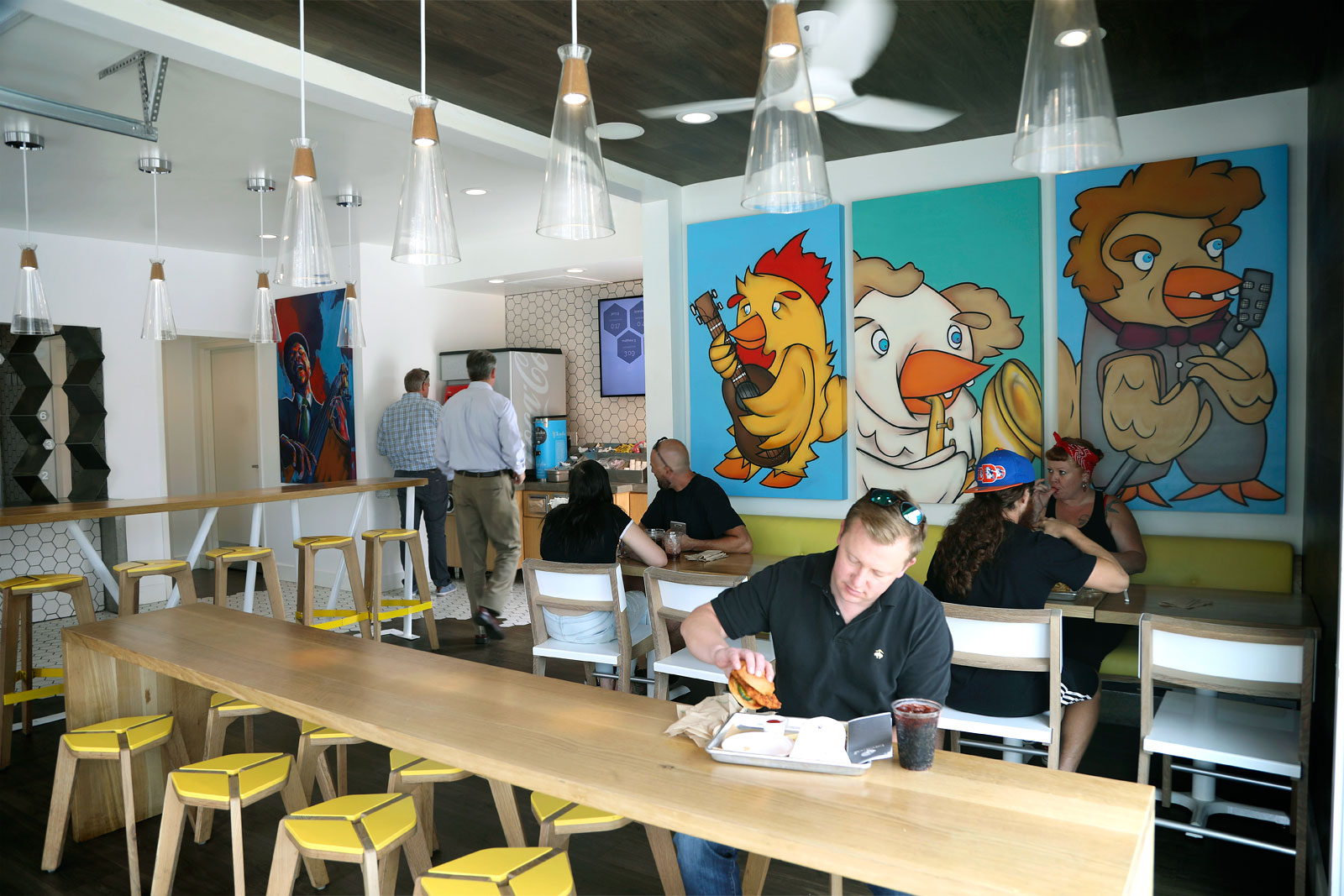The Local newsletter is your free, daily guide to life in Colorado. For locals, by locals.
The Mile High City’s culinary arena has arguably never been more dynamic (for proof, see our annual list of the 25 best metro area eateries on page 80). And according to the Colorado Restaurant Association, total restaurant sales in the state are expected to exceed $12 billion this year—a 44 percent increase from 2010. So local restaurants must be having an easy go of it, right? Nope. Behind all the wood-fired fare and fried chicken lurk pervasive issues that industry players must navigate. Here, a few ways restaurateurs’ innovative solutions are shaping the way you dine out in Denver.
LABOR POOL
The Challenge: Denver’s glut of new eateries means it’s more difficult than ever to recruit and retain competent, qualified line cooks.
The Response: Emily Griffith Technical College debuted a Culinary Quick Start program in January. The free four-week crash course on culinary and sanitation basics (funded through city grants and support from Sage Restaurant Group and industry nonprofit EatDenver) gives participants a fast track to kitchen jobs at restaurants such as three-month-old French 75. Resumé workshops, mock interviews, and job fairs had led to more than 136 graduate placements as of press time.
What You See: Chef-owner Frank Bonanno in French 75’s open kitchen schooling staffers—including three Quick Start grads—on basics such as emulsifying a beurre blanc. 717 17th St., Suite B, 303-405-7575
WAGE GAP
The Challenge: Servers and bartenders can make up to 2.5 times as much as cooks and dishwashers, according to Duo Restaurant co-owner Stephanie Bonin.
The Response: Bonin has implemented a Kitchen Livable Wage Surcharge for customers that is divided amongst the kitchen staff based on hours worked.
What You See: A two-percent fee on your bill, which equates to a nearly $2-an-hour pay raise for Duo’s back-of-house workers. 2413 W. 32nd Ave., 303-477-4141,
SKY-HIGH RENT
The Challenge: Denver’s high real estate prices, especially in places like RiNo, mean business owners—such as Pamela Zorn of Wine & Whey—are seeing their margins tighten as rents continue to climb.
The Response: Zorn leased part of her space to Colorado Sake Co., and a joint tasting room is in the works.
What You See: Wine & Whey using additional revenue from the tasting room to weather a rent increase of 30 percent. 3559 Larimer St., 303-325-3831
RISING COSTS
The Challenge: Restaurants are spending more money on labor and rent, which means fewer resources for top-tier ingredients.
The Response: At three-month-old Birdcall, owners Jean-Philippe Failyau and Peter Newlin (also behind Park Burger and Homegrown Tap & Dough) created their own digital ordering and payment system to reduce the number of staff needed—just one front-of-house employee per shift—at their Five Points shop. The money they’re able to save helps keep menu prices low.
What You See: Customers ordering fried chicken sandwiches—starting at $5.75 and made with Colorado Native chicken and Aspen Baking Company buns—via touch screens. 800 E. 26th Ave., 720-361-2976









